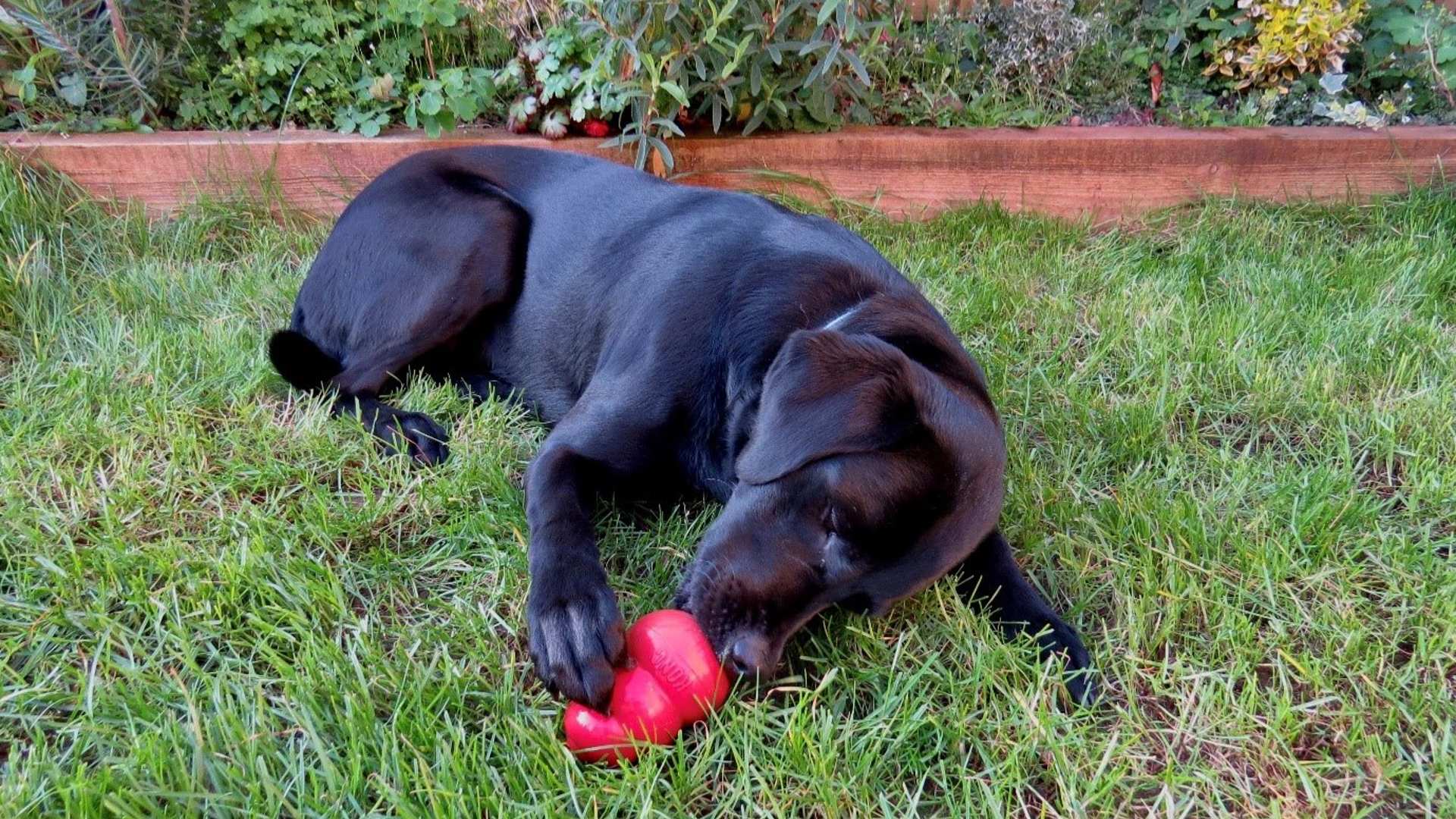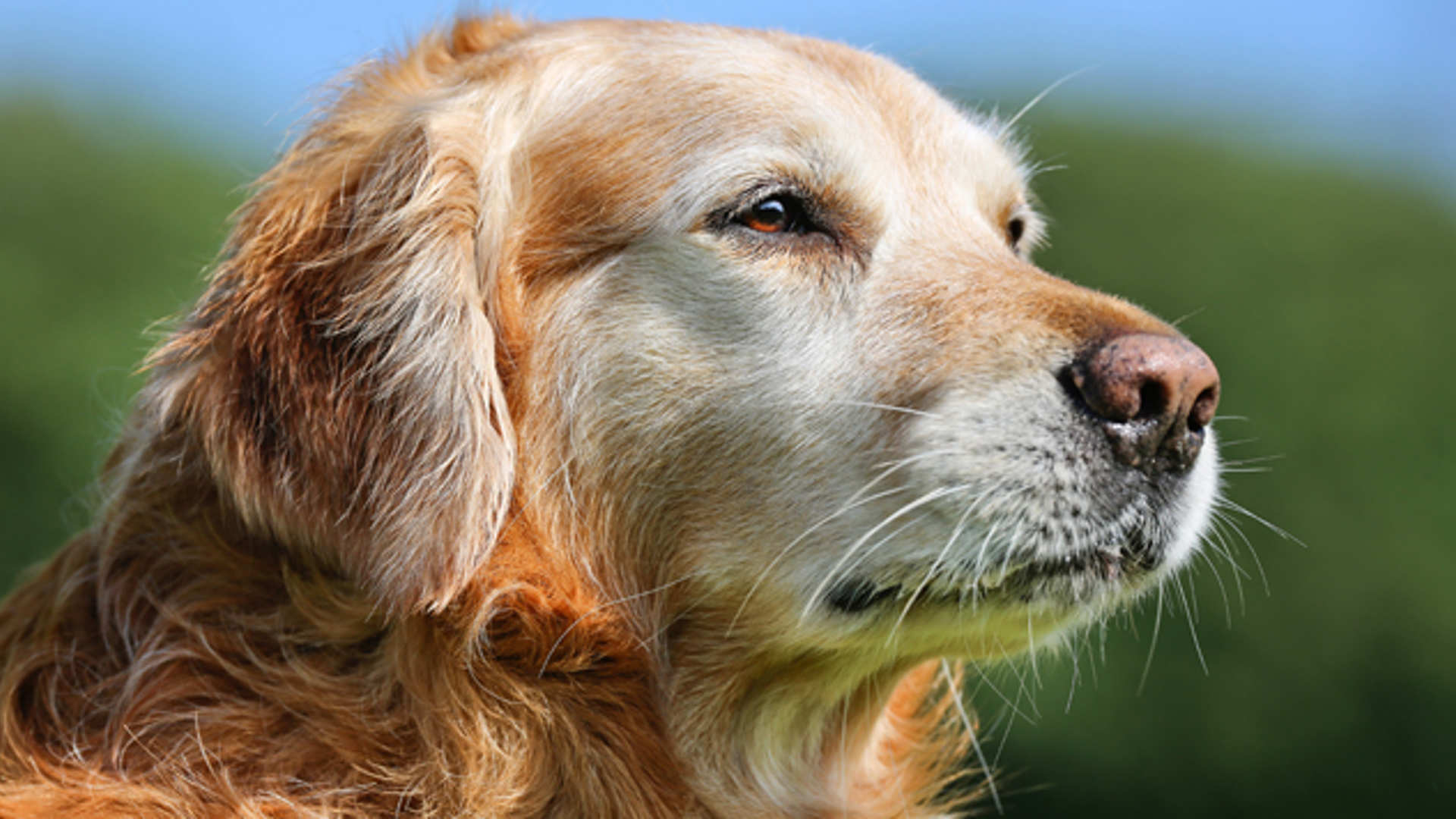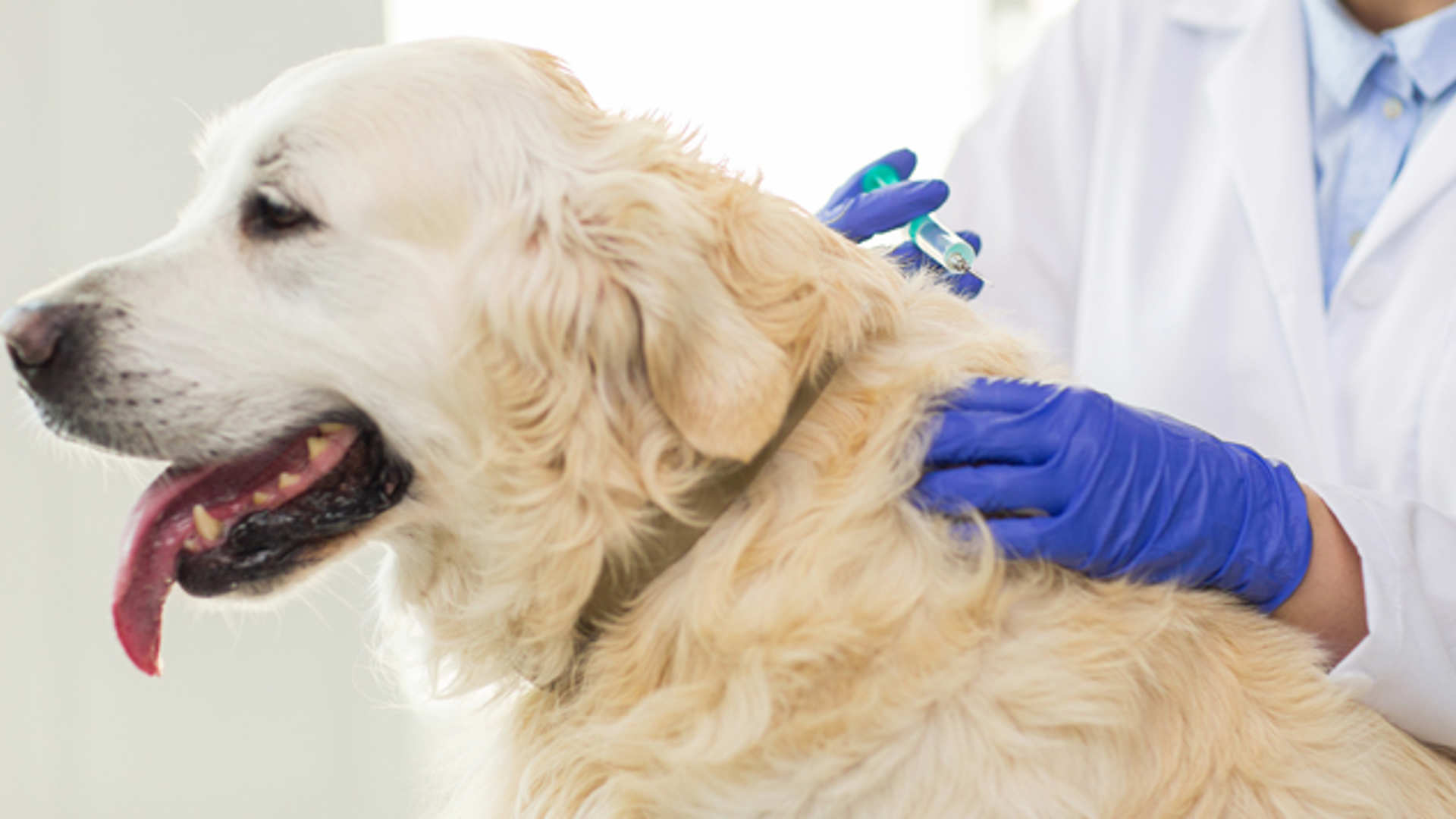Entertaining your Dog at Home
There are many changes you can make at home to keep your dog entertained with a more enriching environment. Here are a few examples to get you started:

We offer a multi-disciplinary referral service to veterinary surgeons across the UK. We accept emergency referrals 24 hours a day, 7 days a week.
In order to book an appointment with us, you need to request a referral to us from your pet’s usual veterinary practice.
Telephone: 0117 394 0513
Location: Langford House, Langford, BS40 5DUOutstanding veterinary care for horses and ponies in the heart of Somerset
Stables Equine Practice are experienced in dealing with horses and ponies involved in all competitive disciplines - from breeding, to pleasure horses and companions.
Telephone: 01749 830 666 / emergency pager 01379 673 827
Location: Conkerfield, Pennybatch Lane, Wookey, Nr. Wells, BA5 1NHYour local vets for all your pets.
We aim to provide the best possible care for your animals to ensure they are kept fit and healthy throughout their lives. Our practice offers a caring, family feel to ensure that you and your pet receive a personal and friendly service.
Telephone: 01934 852 422
Location: Langford House, Langford, BS40 5DULangford Vets Farm Animal Practice have extensive experience in all aspects of the farming sector and smallholder work including dairy, beef, sheep, goats, camelids, pigs and poultry.
Telephone: 01934 852 650
Location: Langford House, Langford, BS40 5DUWe are a dynamic, customer focused business providing an extensive, high-quality range of laboratory tests across many species.
We also offer an internationally recognised cat genetic testing service to owners and breeders.
Telephone: 0117 394 0510
Location: Langford House, Langford, BS40 5DUAdvancing veterinary education and career excellence
Langford Vets are passionate about promoting career-long learning for veterinary professionals with advanced training and career development opportunities provided through our Langford Academy.
Telephone: Email: brm@langfordvets.co.uk
Location: Langford House, Langford, BS40 5DUTo help dogs adjust to spending time alone, it’s important to build this into their routine gradually. Start by setting aside time each day when they are left on their own. This could be in a separate room with the door closed, even if you’re still at home. Activity toys like stuffed Kongs® or snuffle mats can help keep them occupied and calm during this time.
If possible, leave your dog at home while you pop to the shops or go out for some exercise, even if just for a short while. These brief absences can help them feel more comfortable being alone. Aim to keep a consistent daily routine, including regular feeding, walking, and rest times. Try to walk them around the same time each day, and ensure they have quiet periods when they can settle on their own.
It is important to take more time introducing periods of being left alone. Make sure that they have a safe space in the house, with a comfortable bed. Start by rewarding them for settling in their bed and staying calm and quiet. Once they are happy to settle in their bed, give them a distraction such as a stuffed Kong®, puzzle feeder or safe chew toy and move a little distance apart. If they remain settled in their bed, go back and reward them. Gradually increase the distance between you and your dog, and the time spent away before returning and rewarding them with a treat.
The next step is to shut the door of the room or a baby gate and continue to practice this step with increasing time left alone. When your dog is happy being in the room on their own with the door shut, start leaving them and spending increasing amounts of time in another part of the house. If you are able, once they are happy being left alone with you in the house, start to leave them in the house while you go out, starting with very short periods to begin with, and building up the amount of time that they are left very slowly.
Every dog is an individual, and their ability to cope with being left alone will vary hugely. It is important to monitor them closely for any signs of anxiety, and if they are worried, then take a step back in the process and build up to longer periods alone more slowly.
If you would like to discuss any specific separation anxiety issues with your own dog then please call Langford Vet Practice and one of our nurses will be pleased to help.
There are many changes you can make at home to keep your dog entertained with a more enriching environment. Here are a few examples to get you started:

Find out how to support your cat dog or rabbit especially as they move into their senior years.

